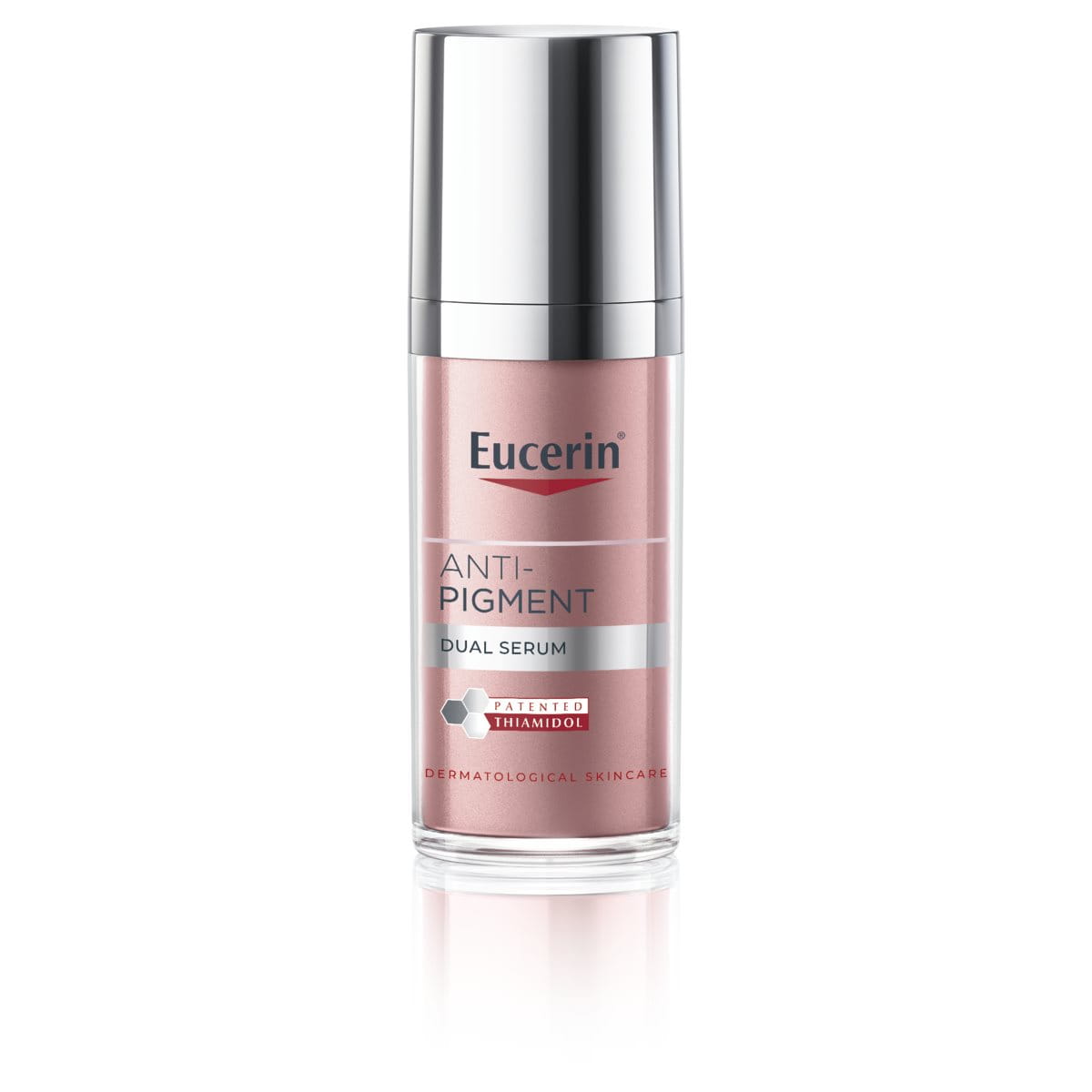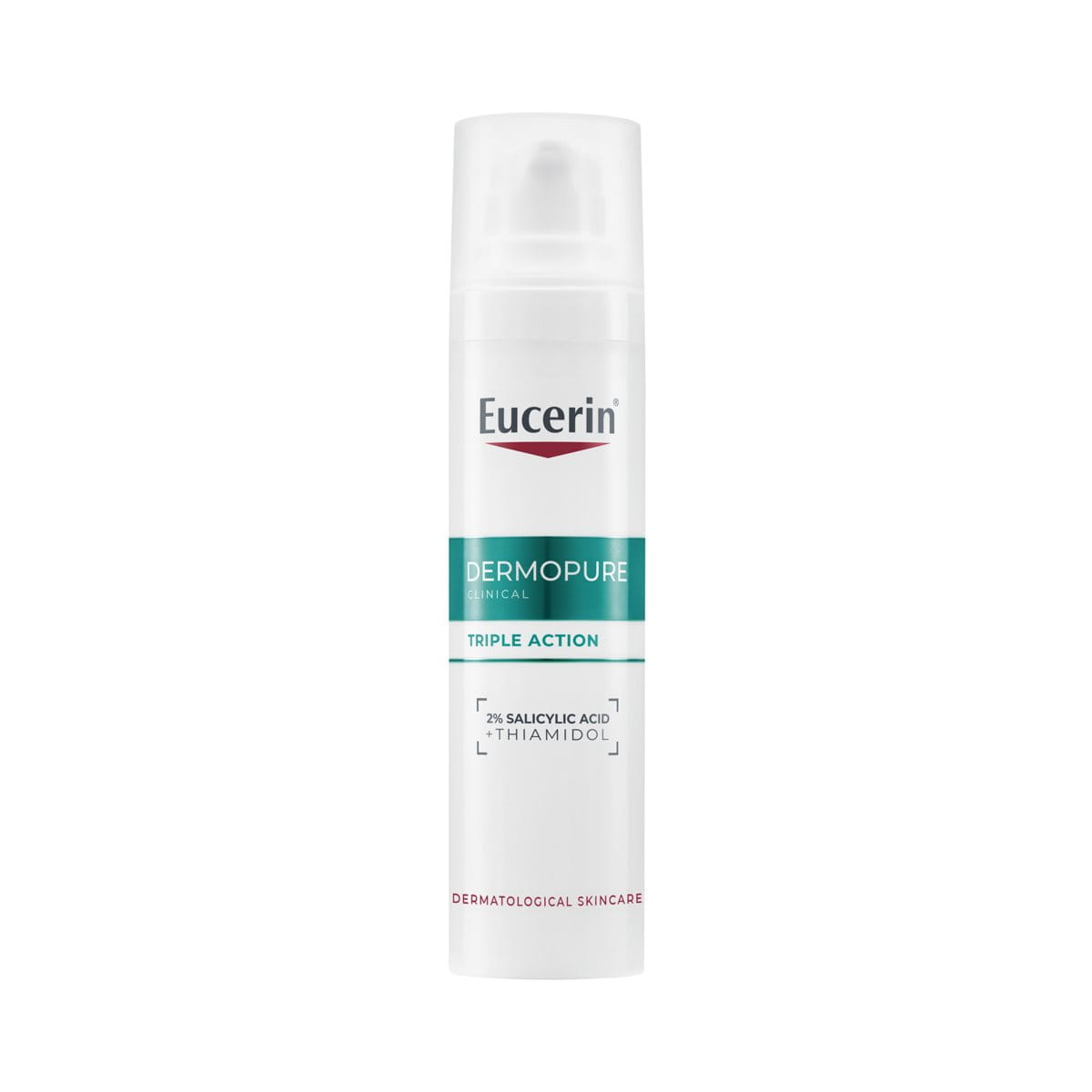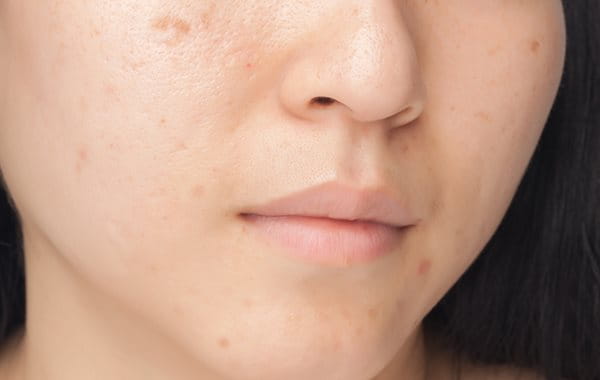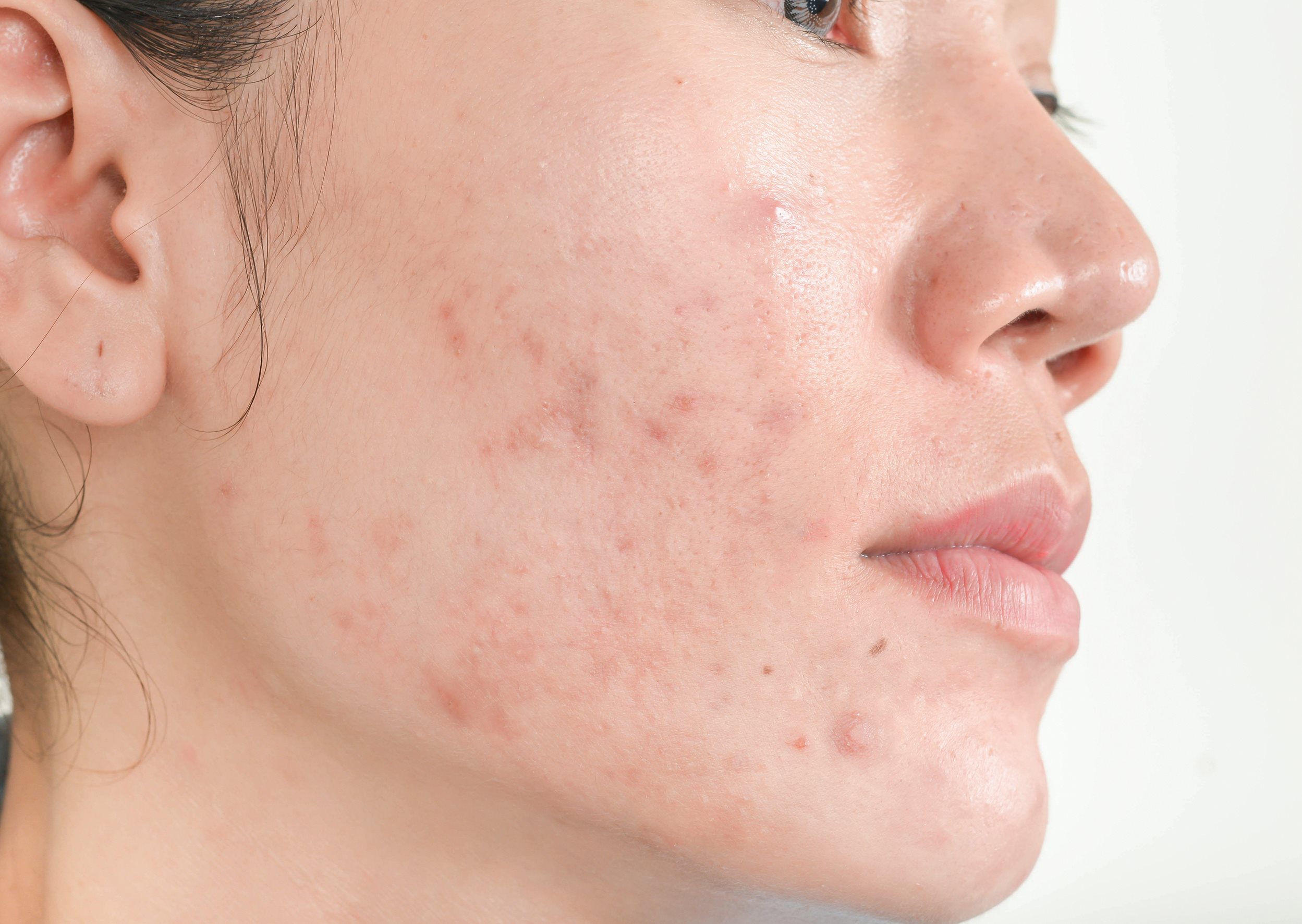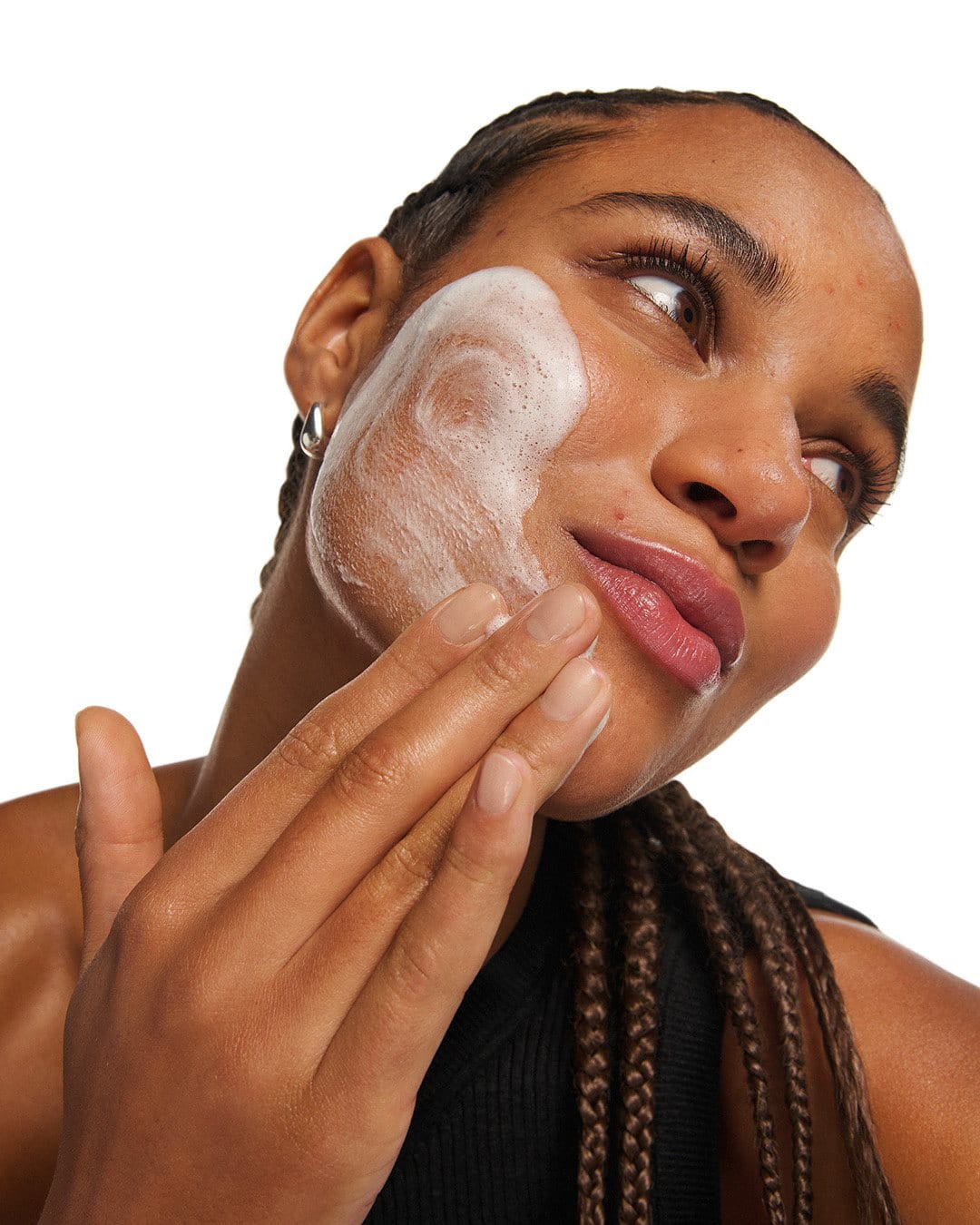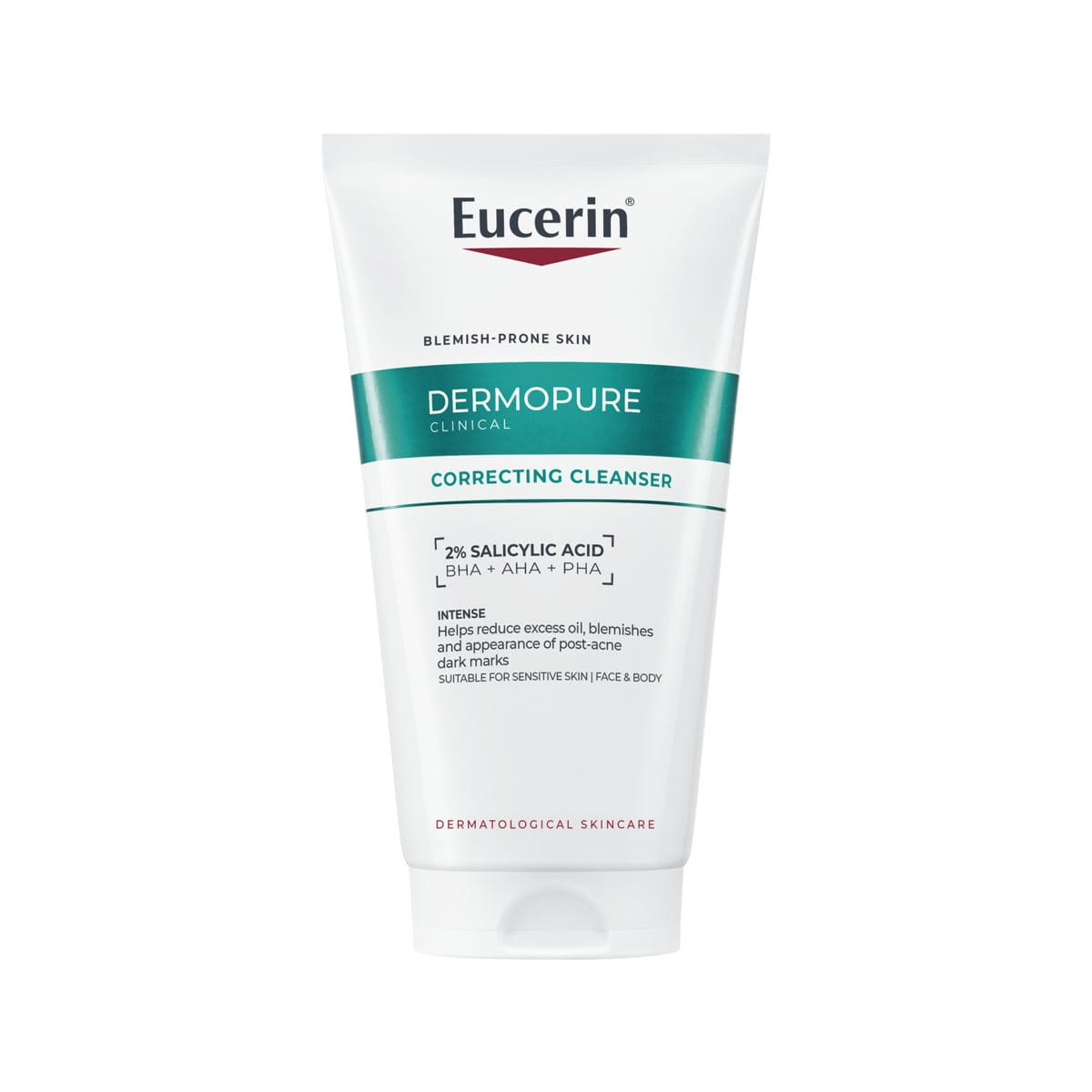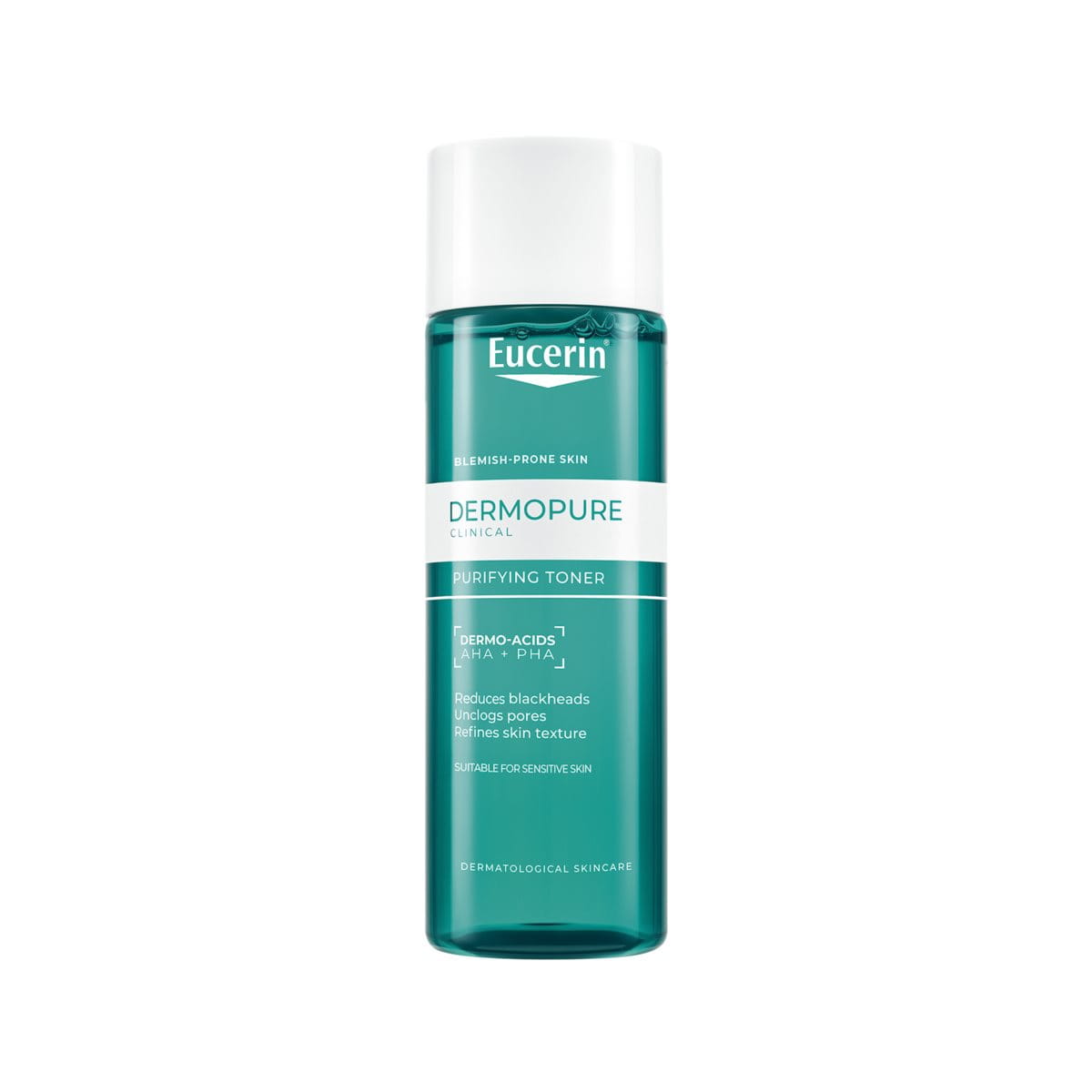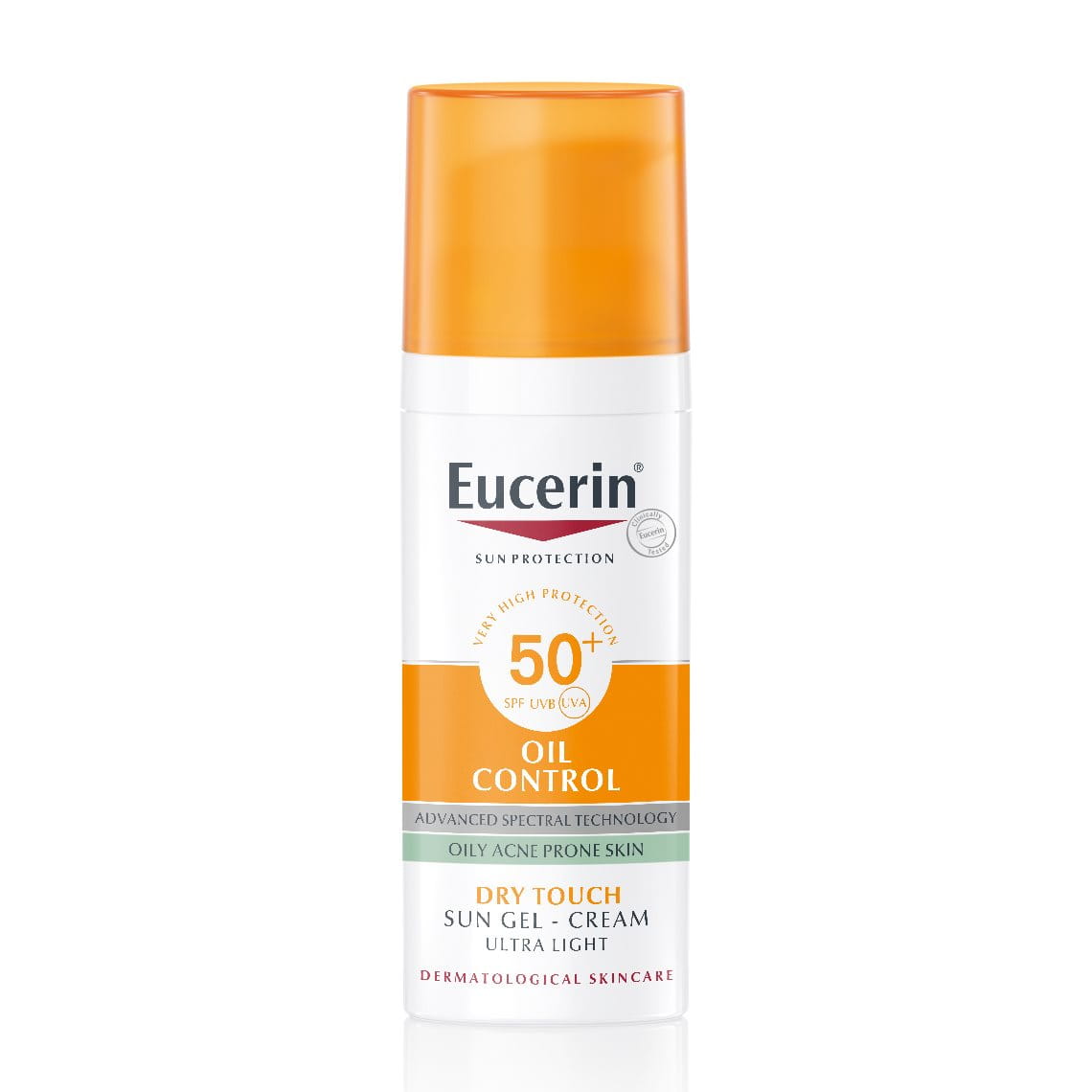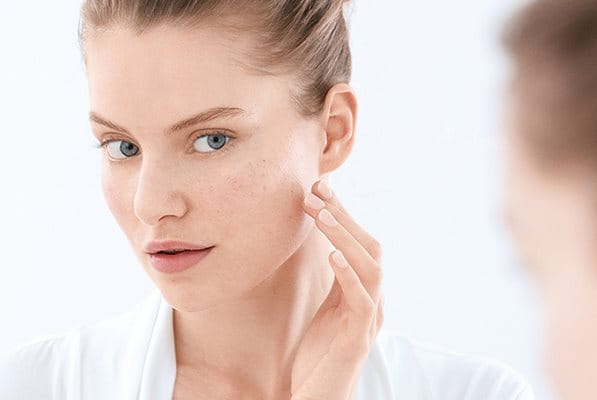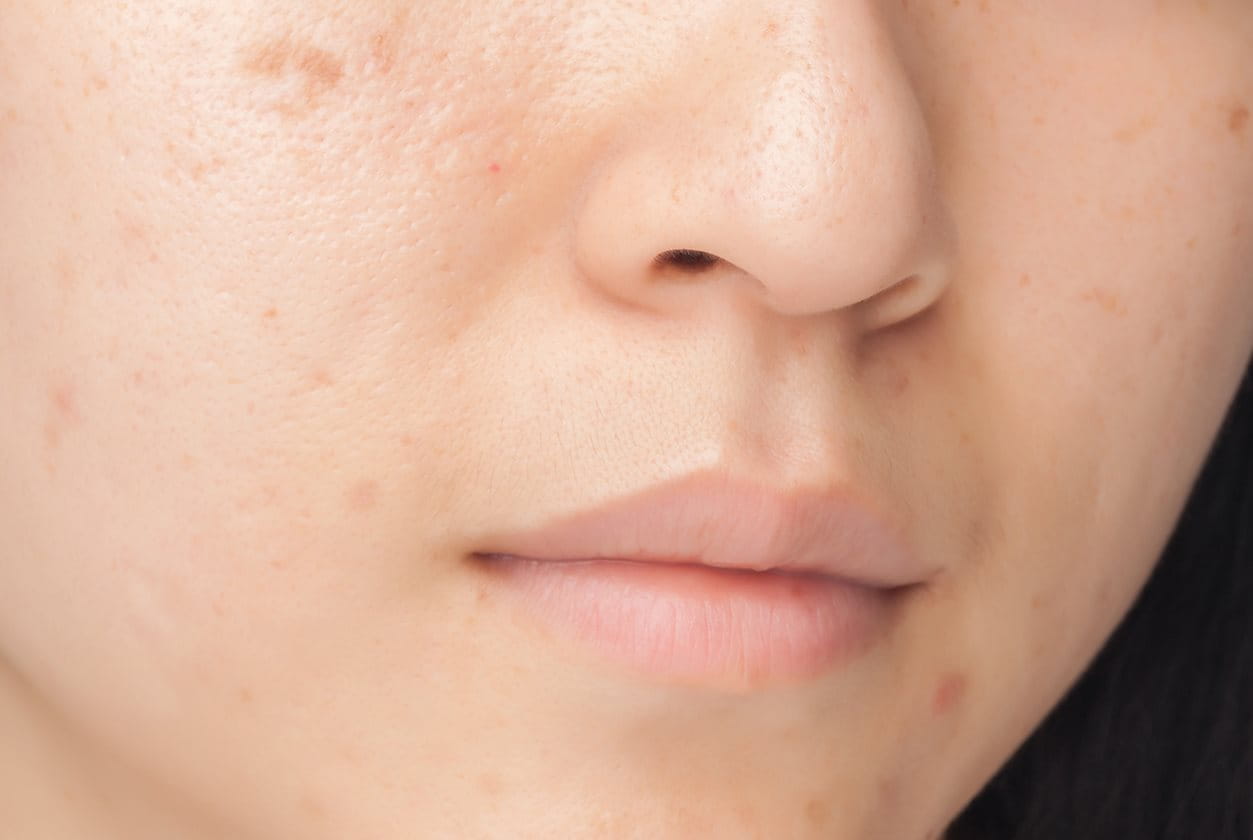Published: July 2022
Last Reviewed: September 2025
Acne scars are a very common concern and can affect both skin texture and self-confidence. Many people who have struggled with acne find that even once breakouts clear, scars or marks remain as a lasting reminder.
The good news is that while scars cannot always be removed completely, there are effective ways to reduce their appearance. With the right combination of dermatologist treatments and supportive skincare, acne scars can become far less noticeable over time, allowing skin to appear clearer and smoother.
